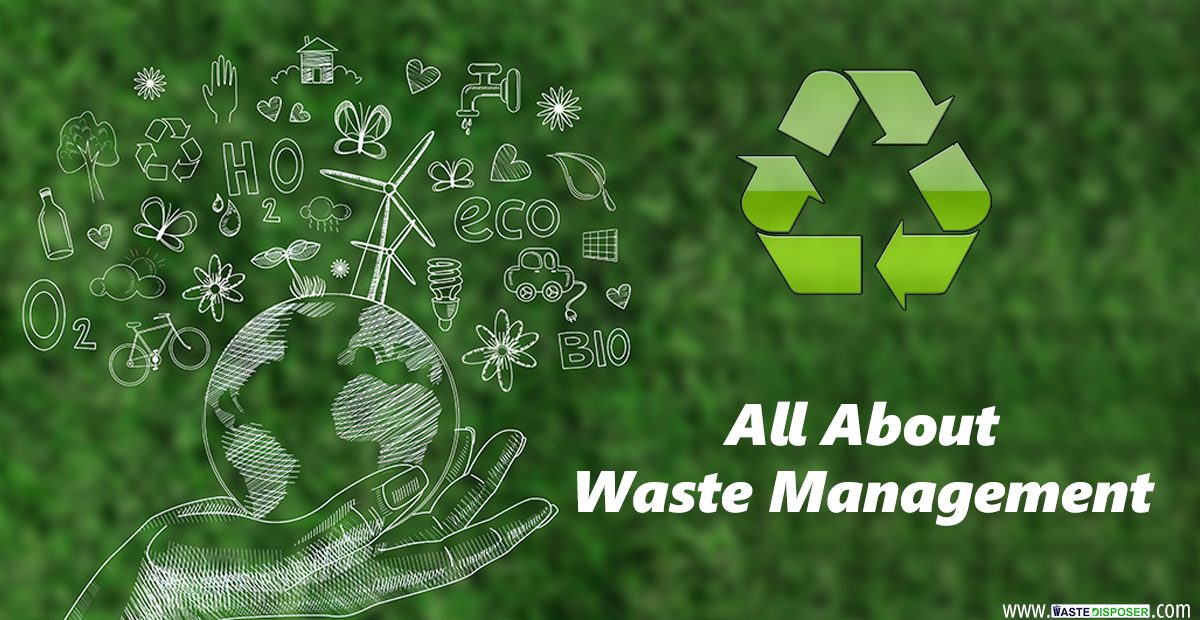All About Waste Management

World Economic Forum research predicts that oceans will have more plastic than fish by 2050. In the wake of rapid urban growth and changing consumption patterns, little do we realize that we are drowning in the amount of waste we are leaving behind.
Waste management – previously a developing-country concern – has now become a global concern.
Waste management – what is it, and why is it the need of the hour?
According to Wikipedia,
“Waste management or Waste disposal is all the activities and actions required to manage waste from its inception to its final disposal. This includes amongst other things, collection, transport, treatment, and disposal of waste together with monitoring and regulation. It also encompasses the legal and regulatory framework that relates to waste management encompassing guidance on recycling etc.”
In simple words, Waste Management is the collection, processing, treatment, and recycling of waste.
As change begins at home, here’s how to improve your waste management at home:
Segregate your Waste
To start with, get color-coated bins. Label the bins as follows: green for organic, yellow for glass, white for paper, gray for metal, red for hazardous, and blue for plastic. Further, divide waste into two groups – Bio-Degradable and Non-Bio-Degradable.
Dispose of wet wastes like leftover foods, vegetable scraps, etc… in an organic dustbin which can later be used for composting.
Measure your Waste
As the saying goes, what can’t be measured, can be improved. So, start by tracking the types and quantities of waste materials generated within your household or business.
It could be a simple visual assessment of the types and amounts of waste generated each week. You can work consistently to reduce or find ways to reuse the waste.
Less waste means reduced landfills and less contamination of water bodies.
Say “No to Plastics”
- Embrace BYOB – ‘Bring Your Own Bag’
- Don’t ask for cheap plastic cutlery. Always carry a spare set in your bag.
- Avoid plastic packaging at all costs
- Shy away from bottled water and carry your copper water bottle.
Go Paperless
All trash, from paper cups to napkins, ends up in landfills. To reduce paper waste, switch to old clothes like rags for cleaning around the house. Consider using hand towels instead of paper napkins. Avoid using paper plates when hosting a dinner party.
Implement the 3R’s
Reduce, Reuse, and Recycle.
Minimalism
The modern approach to reduction. Minimalism is about avoiding the unnecessary & adopting necessity and utility.
Bottom line
Waste management is the most controversial issue. Several plans and initiatives are already in place and are still being implemented to manage waste. However, no progress can be made until & unless each individual plays their part.
